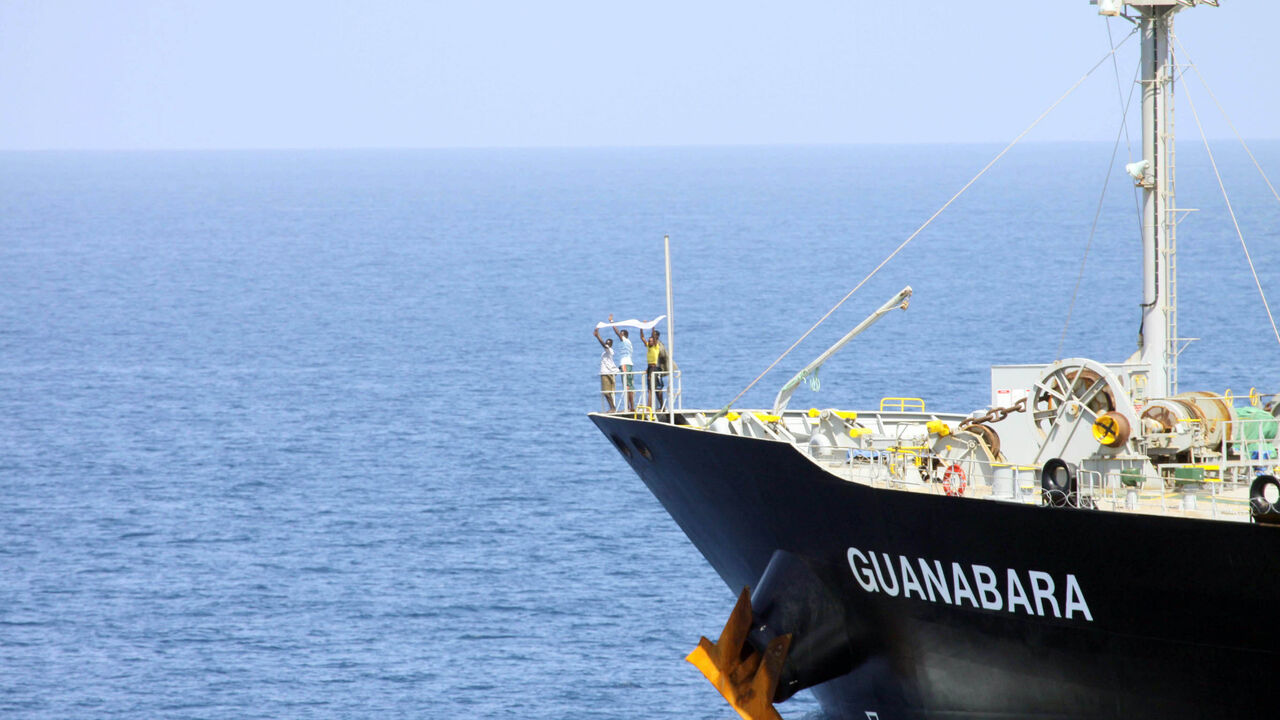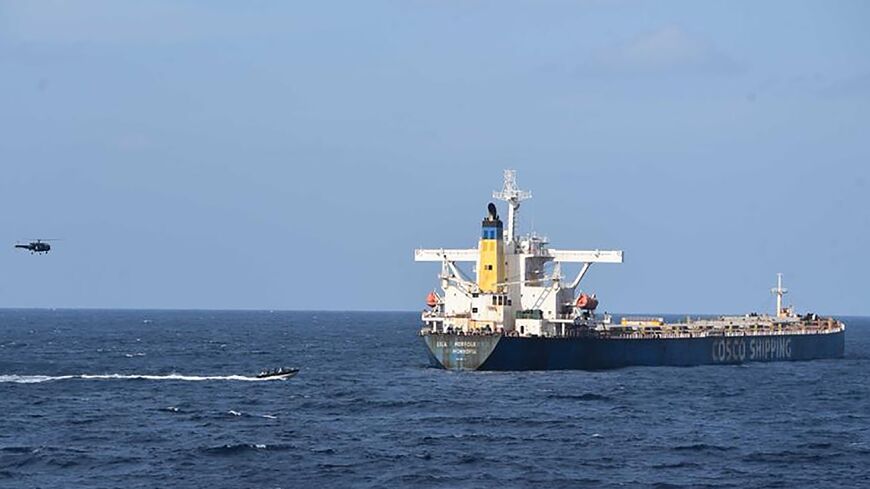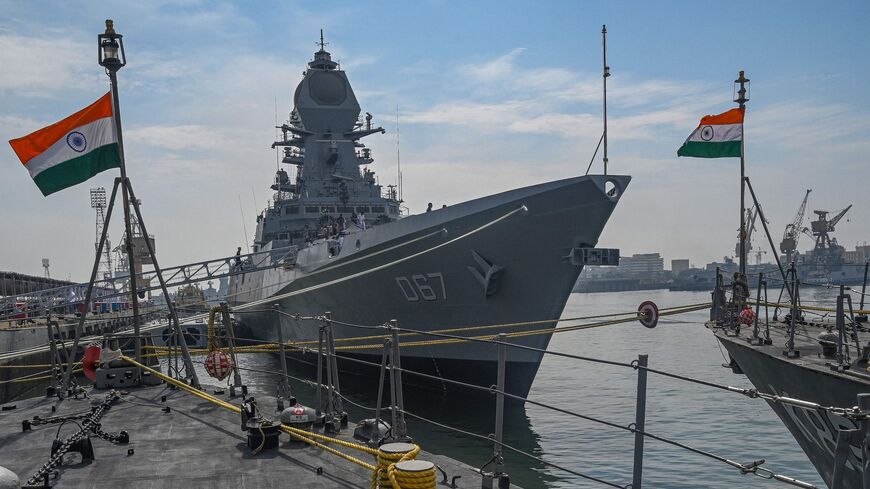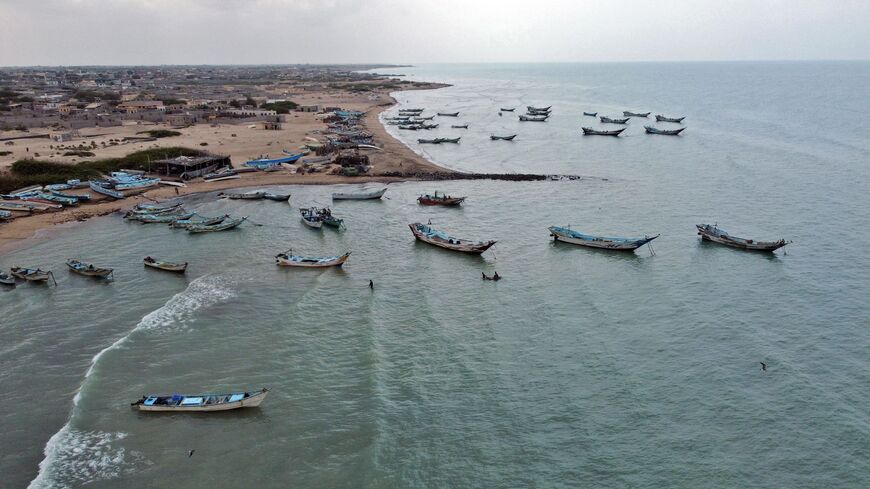Why Houthi Red Sea attacks could inspire more piracy in Indian Ocean
Since November, more than 20 pirate hijackings have taken place in the Gulf of Aden and Somali Basin, adding to the current financial burden on shipping companies.

The attacks by the Iran-backed Houthi rebels in Yemen in the Red Sea have diverted much of the international community’s attention away from preventing piracy, experts say, which has re-emerged in the region for the first time in almost a decade.
Indian authorities captured 35 Somali pirates from the ship Ruen last week, three months after it was hijacked off the coast of the East African country. Such piracy incidents have shot up since November, when the militia in Yemen started increasing attacks on vessels in what they say was a response to the war in Gaza, with more than 20 pirate hijackings reported in the Gulf of Aden and Somali Basin over the past five months.
For an event to be legally considered piracy, another vessel and crew must be involved, meaning almost all the Houthi attacks would not qualify, as many of them are done via drones, land-based missiles or unmanned underwater systems. Piracy also is usually carried out for financial benefit and private ends, unlike the Houthis' aims of garnering political support for their cause.
Raj Mohabeer, officer in charge at the General Secretariat of the Indian Ocean Commission (IOC), an intergovernmental organization of the Southwest Indian Ocean island states, said that the Houthi attacks have left a security vacuum in the Indian Ocean as far as piracy is concerned, which has emboldened pirates to step up their activities in the region.
Subscribe for unlimited access
All news, events, memos, reports, and analysis, and access all 10 of our newsletters. Learn more
Continue reading this article for free
Access 1 free article per month when you sign up. Learn more.
By signing up, you agree to Al-Monitor’s Terms and Conditions and Privacy Policy. Already have an account? Log in


.jpg?h=502e75fa&itok=bfs8C-67)






